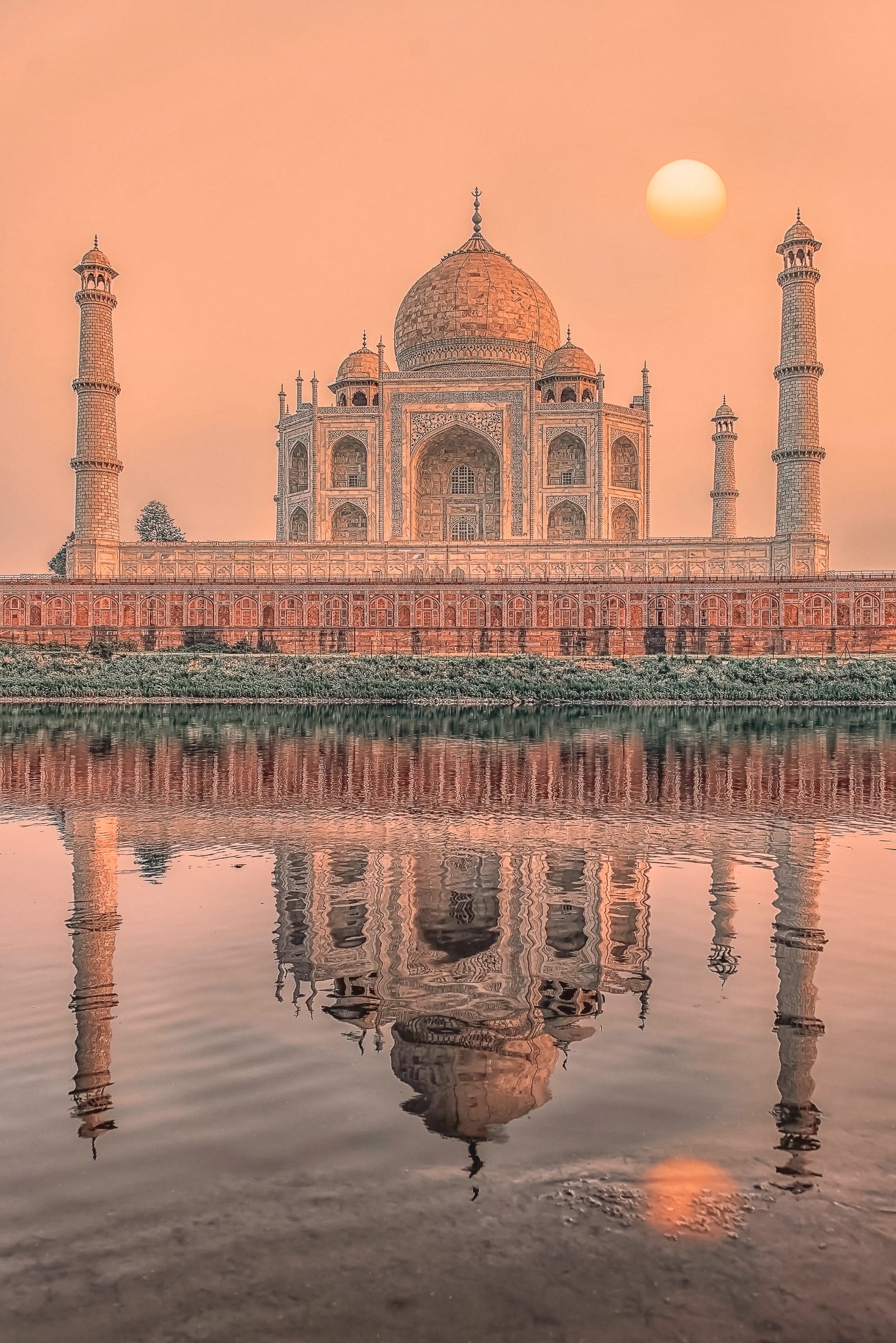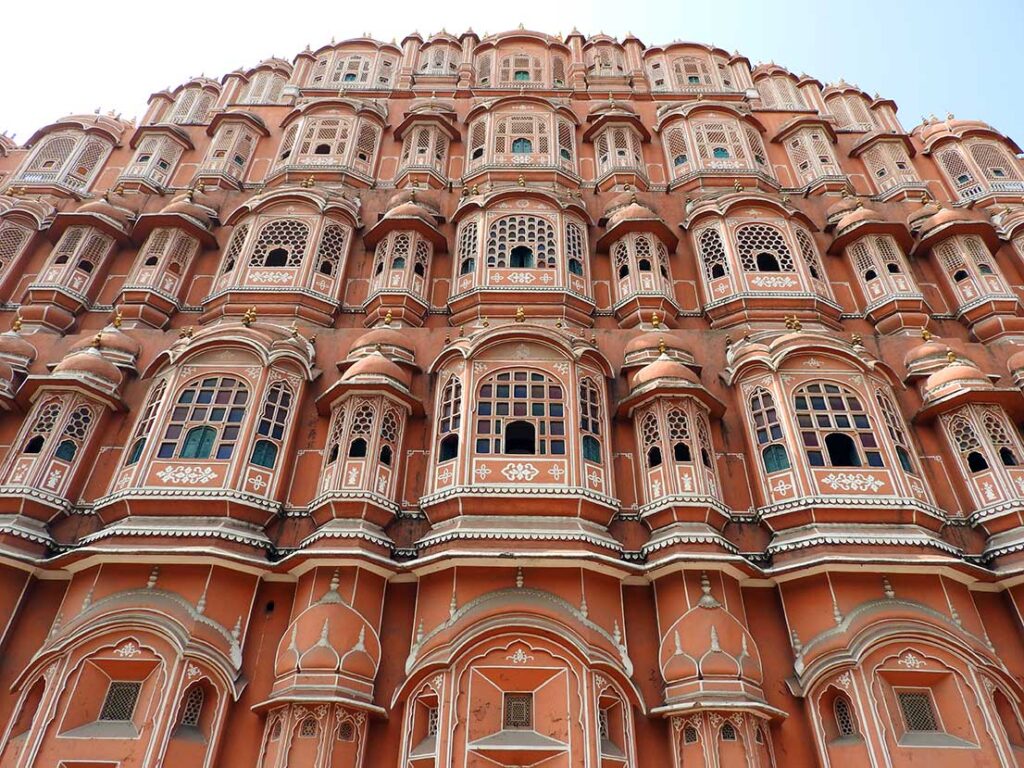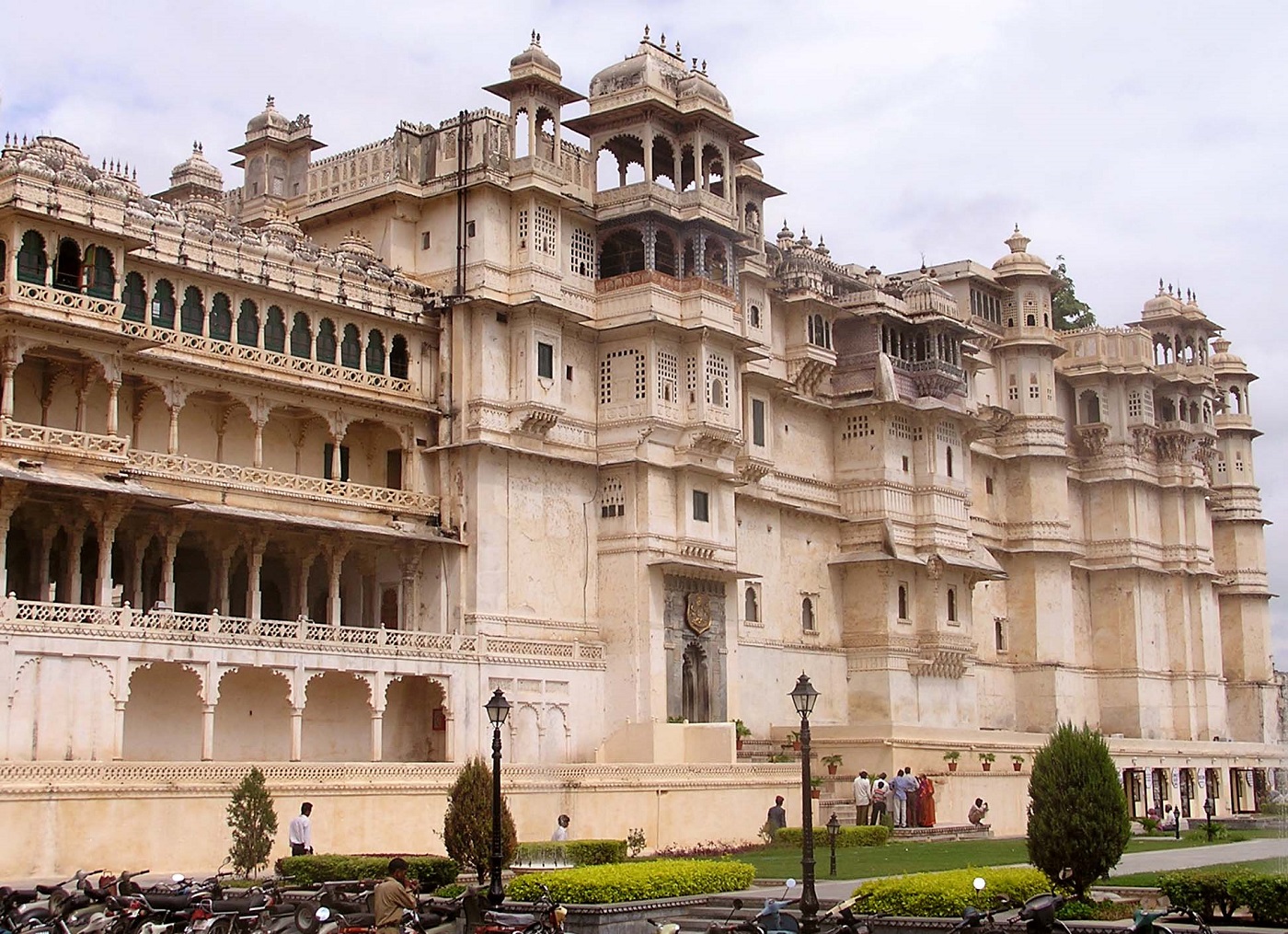India is a land of diverse cultures, rich history, and breathtaking landscapes. With over a billion people and more than 1,500 cities, it can be challenging to decide where to travel. As an avid traveler, I’ve embarked on journeys across this beautiful country, and in this article, I will share my experiences to guide you through the best cities to visit in India.
Why Travel to India?
The charm of India lies in its unique blend of tradition and modernity. From the majestic Himalayas in the north to the tropical beaches in the south, each region boasts its own color and flavor. Whether you’re interested in historical landmarks, culinary delights, spiritual experiences, or adventure sports, India has something for everyone.
Top Cities to Visit in India
Here’s a comprehensive rundown of the best cities to travel in India, each with its own unique attractions and experiences.
1. Delhi
Delhi, the capital city, is a bustling metropolis that beautifully combines history with contemporary living.
Highlights
- India Gate: A war memorial that stands as a tribute to soldiers.
- Red Fort: A UNESCO World Heritage site showcasing Mughal architecture.
- Qutub Minar: The tallest brick minaret in the world.

Pros
- Rich in history and culture.
- Vibrant food scene, from street food to fine dining.
Cons
- Traffic congestion can be a challenge.
- Air pollution is a notable issue.

2. Mumbai
Mumbai, the city that never sleeps, is a melting pot of cultures and the heart of Bollywood.
Highlights
- Gateway of India: An iconic monument overlooking the Arabian Sea.
- Marine Drive: A scenic promenade perfect for evening strolls.
- Elephanta Caves: Ancient rock-cut temples located on Elephanta Island.

Pros
- Diverse culinary delights.
- Vibrant nightlife and entertainment options.
Cons
- High cost of living.
- Overcrowded public transport.

3. Jaipur
Known as the Pink City, Jaipur is famed for its royal palaces and vibrant markets.
Highlights
- Hawa Mahal: The Palace of Winds with its stunning façade.
- Amber Fort: A majestic hilltop fort with intricate architecture.
- Jantar Mantar: An astronomical observatory and UNESCO World Heritage site.

Pros
- Rich history and stunning architecture.
- A hub for traditional crafts and shopping.
Cons
- Can be very hot during summer months.
- Tourist-heavy locations can be overcrowded.

4. Goa
Famous for its stunning beaches and vibrant nightlife, Goa is a favorite destination for both domestic and international travelers.
Highlights
- Beaches: Anjuna, Baga, and Palolem offer sun, sand, and fun.
- Basilica of Bom Jesus: A UNESCO World Heritage site that houses the remains of St. Francis Xavier.
- Goa’s Seafood: A must-try for food lovers.

Pros
- Stunning natural beauty.
- Laid-back vibe perfect for relaxation.
Cons
- Can be overly crowded during peak seasons.
- Some areas are commercialized, losing local charm.
5. Varanasi
Varanasi, one of the oldest living cities in the world, is known for its spiritual significance and the Ganges River.
Highlights
- Ganga Aarti: A mesmerizing evening ritual on the riverbanks.
- Sarnath: Where Buddha delivered his first sermon.
- Kashi Vishwanath Temple: One of the holiest temples dedicated to Lord Shiva.
Pros
- Deep spiritual experience.
- Rich in cultural heritage.
Cons
- Can be overwhelming for first-time visitors.
- Cleanliness is a concern in some areas.
6. Udaipur
Udaipur, often referred to as the “City of Lakes,” is known for its picturesque setting and royal palaces.
Highlights
- City Palace: A magnificent palace complex that offers stunning views of the city.
- Lake Pichola: Offers serene boat rides and breathtaking views.
- Jag Mandir: A beautiful island palace on Lake Pichola.
Pros
- Romantic ambiance suitable for couples.
- Rich traditions and hospitality.
Cons
- Can be expensive, especially for luxury tourism.
- Limited nightlife options.
7. Kolkata
Kolkata, the ‘City of Joy,’ is known for its art, culture, and historical significance.
Highlights
- Victoria Memorial: A grand marble building dedicated to Queen Victoria.
- Howrah Bridge: An engineering marvel and iconic symbol of the city.
- Street Food: Explore the delectable flavors of Kolkata’s street food scene.
Pros
- Rich literary and artistic culture.
- Diverse culinary scene.
Cons
- Traffic can be challenging.
- Air pollution and monsoon flooding are issues.
Travel Tips for Exploring India
Traveling in India can be an incredible experience, but there are a few tips that can enhance your journey:
1. Best Time to Visit
The ideal time to travel to India varies by region. Generally, October to March is the best time to visit most cities, as the weather is pleasant.
2. Dress Modestly
India is a culturally rich country with diverse traditions. Dressing modestly, especially in holy places, is advisable.
3. Stay Safe
While India is a relatively safe country for tourists, it’s always smart to keep your belongings secure and be aware of your surroundings.
4. Learn Basic Phrases
Although English is widely spoken, learning a few basic phrases in Hindi or the local language can go a long way in enhancing your travel experience.
Comparison Table of Top Cities
| City | Highlights | Pros | Cons |
|---|---|---|---|
| Delhi | India Gate, Red Fort | Rich history, Vibrant food | Traffic congestion |
| Mumbai | Gateway of India, Marine Drive | Diverse culinary delights | High cost of living |
| Jaipur | Hawa Mahal, Amber Fort | Stunning architecture | Can be crowded |
| Goa | Beaches, Basilica of Bom Jesus | Stunning natural beauty | Tourist-heavy during peak |
| Varanasi | Ganga Aarti, Kashi Vishwanath Temple | Deep spiritual experience | Cleanliness concerns |
| Udaipur | City Palace, Lake Pichola | Romantic ambiance | Can be expensive |
| Kolkata | Victoria Memorial, Howrah Bridge | Rich culture | Traffic issues |
FAQs About Traveling to India
What is the best month to visit India?
The best months to visit India are from October to March when the weather is cool and pleasant across most regions.
Which city in India has the best food?
Cities like Delhi, Mumbai, and Kolkata are renowned for their diverse and delicious food scenes, offering everything from street food to gourmet dining.
Is India safe for travelers?
India is generally safe for travelers, though it’s essential to take standard precautions, particularly in crowded areas and cities.
How can I travel between cities in India?
India offers various transportation options, including trains, buses, domestic flights, and taxis. The Indian Railways is particularly popular for its extensive network and affordability.
What cultural norms should I be aware of while visiting India?
It’s important to respect local customs, such as dressing modestly in religious places and removing shoes before entering homes and temples.
Final Thoughts
India is a land of contrasts, where every city tells a different story. As a travel enthusiast, I highly recommend exploring these magnificent cities to get a taste of India’s vibrant culture and history. Each city offers unique experiences, and I hope my tips and personal experiences will help you plan your journey. Pack your bags and get ready for an adventure of a lifetime!